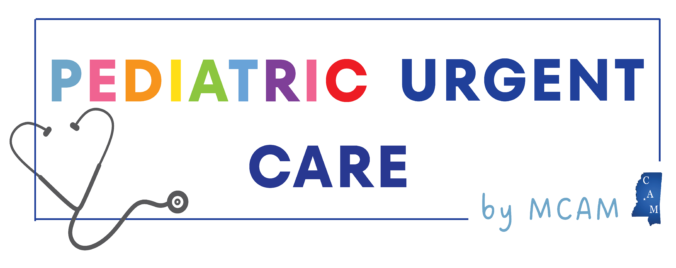Pediatric plastic surgery is a subspecialty of surgery that focuses on correcting, restoring, and enhancing the physical appearance and function of children. These surgeries are a beacon of hope for children facing congenital deformities, injuries, and acquired conditions. It goes beyond physical correction, aiming to enhance self-esteem, social interactions, and overall development, allowing children to lead healthier, more fulfilling lives. At Mississippi Center for Advanced Medicine, a pediatric plastic surgeon applies surgical expertise and skill to improve your child’s appearance, function, and overall quality of life.
Common Conditions and Concerns Addressed
- Cleft lip and palate: Among the most prevalent congenital irregularities, surgical interventions for cleft lip and palate not only enhance a child’s capability to eat, speak, and breathe, but also contribute to the enhancement of their facial aesthetics.
- Craniofacial malformations: Our pediatric plastic surgeons can address conditions like craniosynostosis, where the bones of the skull fuse prematurely, through surgeries that allow proper brain development and craniofacial aesthetics.
- Burn injuries: Plastic surgery can play a pivotal role in scar management, reconstruction, and the restoration of both physical and emotional well-being.
- Reconstructive surgery: This includes correcting birth defects such as hand and limb anomalies, as well as repairing injuries like dog bites or accidental traumas.
Our Ethical Framework: Pediatric Plastic Surgery Considerations, Safety, and Risk Management
Pediatric plastic surgery involves unique ethical considerations when it comes to treating young patients. Our pediatric plastic surgeons always prioritize the health of the child, ensuring that the potential benefits of the procedure outweigh the associated risks. Ethical decisions include considering the child’s capacity to participate in the decision-making process, respecting their autonomy to the extent possible, and safeguarding their future well-being.
With all pediatric operations, safety is the guiding principle, and we take meticulous precautions to ensure that the child’s health is protected. Our goal is to minimize the risks and complications associated with any surgical procedure. Moreover, in collaboration with parents, we engage in transparent discussion of the expected outcomes, potential complications, benefits, and alternatives so that parents and, when appropriate, the child fully understand the implications of the surgery.
How Our Pediatric Plastic Surgeon Delivers Care for Your Child
We work hand-in-hand with other pediatric professionals to ensure rounded care, with the recognition that children are unique and require specialized attention to meet their distinct requirements. Multidisciplinary care is an essential component in creating a supportive and nurturing environment, where the child’s best interests are at the forefront of decisions and interventions. Other specialists we may work alongside include:
- Speech therapists: In cases such as cleft lip and palate, we collaborate with speech and language pathologists to address speech and language development, providing comprehensive attention to the impairment.
- Anesthesiologists: Anesthesiologists, with their specialized expertise in administering anesthesia to children safely, are integral members of the surgical team. They assist in delivering comfortable experiences to alleviate pain during the procedure.
- Pediatric nurses: Our pediatric nurses play a critical role in the pre-operative, intra-operative, and post-operative care of children, ensuring their comfort and safe, strong recovery.
Do you want to learn more about how pediatric plastic surgery may positively impact the life of your child? The pediatric plastic surgeons at Mississippi Center for Advanced Medicine are pleased to lead your child on their journey to better health and self-esteem. Contact us today to take the first step.
